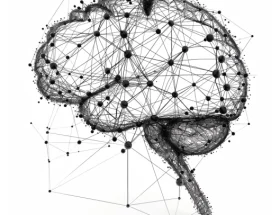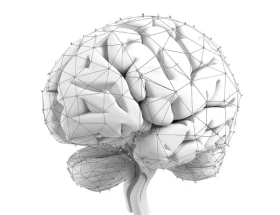Chew’s study investigates the link between information processing speed and intelligence by utilizing elementary cognitive tasks (ECTs) as a measurement tool. The findings reveal a consistent negative correlation between reaction times on ECTs and intelligence scores, particularly as task complexity increases. This article unpacks these findings and their implications for understanding cognitive processes.
Background
The relationship between processing speed and intelligence has been a subject of interest in cognitive psychology for decades. Early studies showed that faster reaction times to simple tasks were associated with higher intelligence scores. Chew builds on this foundation, emphasizing the distinction between processing speed, which reflects cognitive efficiency, and test-taking speed, which often aligns more with personality traits.
Key Insights
- Processing Speed and Task Complexity: As tasks become more demanding, the influence of processing speed on intelligence grows. Complex tasks tend to amplify the correlation between faster responses and higher cognitive ability.
- Role of Working Memory: Working memory plays a key role in mediating the relationship between task difficulty and cognitive performance, highlighting the interplay between speed and capacity.
- Task Difficulty and Individual Differences: For challenging tasks, higher-ability individuals show positive correlations between processing speed and success, adding nuance to the interpretation of this relationship.
Significance
This work underscores the intricate nature of intelligence and its measurement. While processing speed is an important factor, it interacts with other variables like task complexity and individual capability. Chew’s findings affirm that IQ tests remain a reliable indicator of cognitive ability but highlight the importance of considering the multifaceted nature of intelligence when interpreting results.
Future Directions
Further research could investigate how specific cognitive mechanisms, such as attention control and executive functioning, contribute to the observed correlations. Additionally, studies that examine processing speed in diverse populations could provide insights into the broader applicability of these findings across cultural and educational contexts.
Conclusion
The relationship between processing speed and intelligence offers valuable insights into human cognition. By analyzing how task complexity and individual differences shape this connection, Chew’s work contributes to a more comprehensive understanding of cognitive performance. These findings encourage a nuanced approach to intelligence assessment, considering multiple dimensions of cognitive function.
Reference
Chew, M. (2011). Speed & Intelligence: Correlations And Implications. Cogn-IQ Research Papers. https://pubscience.org/ps-1mnFi-f73fdf-c4da










